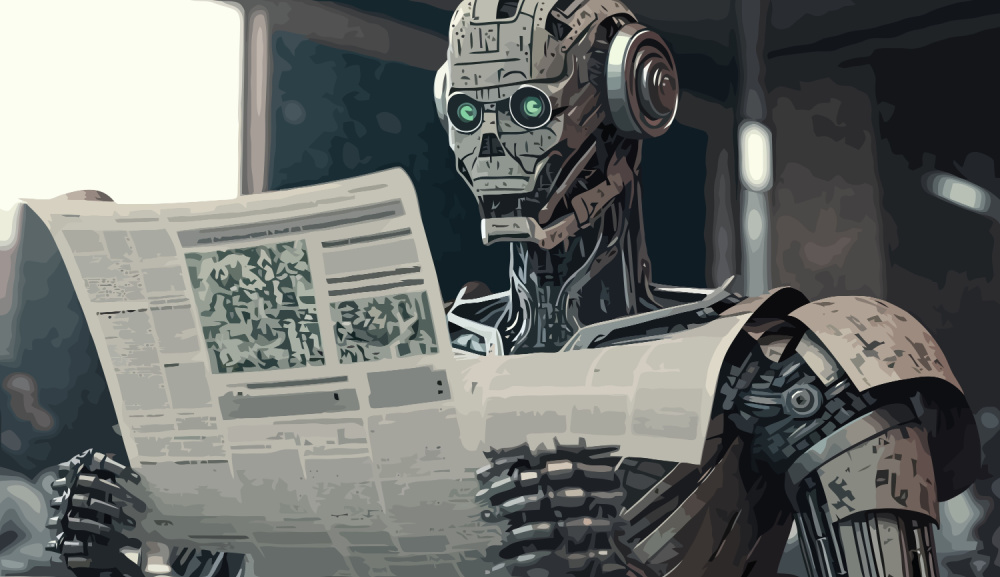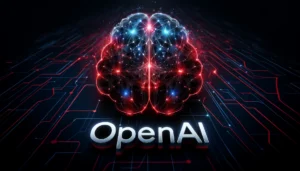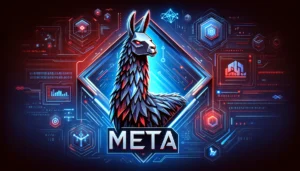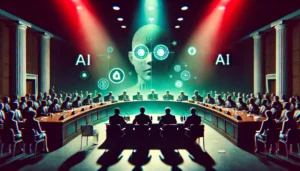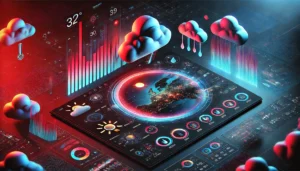Welcome to this week’s roundup of AI news written by humans for humans.
This week AI tried to be funny and brought a comedian back from the dead.
Fake billionaires and prime ministers want to give you money.
And AI girlfriends are flooding OpenAI’s GPT Store.
Let’s dig in.
You must be joking
Fans of late comedian George Carlin weren’t laughing when a full-length stand-up comedy routine was posted on YouTube. The show, created by an AI called Dudesy, sounded exactly like Carlin and raises some awkward questions. Should we be doing stuff like this with AI just because we can?
And it’s not just AI-resurrected comedians making fans of creative arts angry. The way corporates have been using AI to rip off human artists and pump out AI copies doesn’t bode well for 2024.
Midjourney is recreating unlicensed IP en masse and sometimes nearly verbatim from even non-specific prompts, whilst profiting from subscriptions. MJ users don’t have to sell the images for copyright infringement to have potentially occurred, MJ already profits from its creation. pic.twitter.com/Ax3tQWq3pt
— Reid Southen (@Rahll) January 7, 2024
At least actors’ unions like SAG-AFTRA are fighting the AI tide to protect human talent, right? Maybe not. The union has been called out over its latest deal approving the use of AI voices in video games.
AI inside
AI fever reached a peak at CES 2024 with exciting product launches making it clear that the era of the AI device has begun. Toothbrushes, pillows, mirrors, it seems everything has AI built into it these days. Sam took a closer look at some of the standout products and how marketers are blurring the lines between AI hype and genuine utility.
Samsung will soon release its Galaxy S24 series phones with more AI functionality than ever. The real-time translation during calls sounds really useful. The S24 Ultra comes with a 200MP camera. That’s crazy! At what point do we stop calling these devices cellphones with cameras, and just say it’s a camera that can make calls?
Whether your company sells AI pillows or cellphones, your goal is to make a profit. The upcoming AI For Revenue Summit 2024 will see industry leaders and experts share AI-driven business strategies to show you how to do that.
Whisper sweet AI nothings to me
When OpenAI launched its GPT Store it must have hoped users would make all kinds of productivity-boosting GPTs. Instead, it seems what a lot of people really want are AI “girlfriends”. The store hosts some interesting versions of these prohibited AI companions.
Your human girlfriend may appreciate a little poetry and ChatGPT can help with that too. Cornell researchers found that AI models like ChatGPT can recite poems verbatim, raising further copyright questions.
If your significant AI other tends to be economical with the truth then there’s little hope she’ll ever change. Anthropic researchers found that deceptive AI models may be unfixable.
Is that a real fake?
Making non-consensual fake porn of celebrities isn’t new. But with AI, the pervs making the stuff don’t need to spend hours using Photoshop anymore so the volume of content is through the roof. Search engines like Google and Bing readily display deep fake porn when you search for it. They say they don’t want to show it to you, but they’re not sure how to stop doing it.
Deep fake video scams are all over Facebook at the moment. Celebrity-filled ads purporting to offer investment opportunities even feature UK Prime Minister Rishi Sunak. ‘No Grandma, Elon Musk isn’t launching an app that will make you thousands of dollars. The last app he bought lost him billions.’
Besides, the real Elon Musk is far too busy trying to gain greater control over Tesla to bother with scamming you.
Deep fakes aren’t just going after people’s money, they’re targeting their votes too. Lies and propaganda during an election season? I’m shocked! OpenAI has been working on ways to combat AI political misinformation. They could try just muting the audio by default when politicians speak.
Before you roll your eyes derisively at how easily older folks seem to be fooled by AI scams, you may want to read this. It turns out that supposedly tech-savvy Gen Zers are really bad at telling the difference between AI and human-authored text. If they’re struggling, what hope does anyone else have?
Health, wealth, and fresh air
Google researchers made a healthcare LLM called AMIE that conducts medical interviews better than human doctors do. An AI doctor could give us the medical insight of House MD but with the bedside manner of Dr. Arizona Robbins and legible prescription scripts.
Will our visit to the AI doctor be cheaper? Let’s hope so. The IMF says AI will impact around 40% of jobs worldwide with mixed consequences.
Holders of the world’s purse strings parked their private jets in Davos and then tried to solve our economic problems at the World Economic Forum. Tech leaders were on hand to give them some very interesting insights into how AI will disrupt the world they’re trying to fix.
We’re still stuck with a lot of coal-burning power stations but most of them now use carbon capture technologies to reduce CO2 emissions. Researchers used AI to optimize this existing tech to remove even more CO2 while using a lot less power.
Bureaucracy 2.0
While economists at the WEF try to wrap their heads around AI, nation-states and local governments are trying to figure out how to use AI safely to run their countries better.
US and Chinese AI companies have been holding secret security talks while their respective governments continue to view each other’s AI ambitions with justifiable suspicion.
Down under, Australia is considering mandatory guardrails for “high-risk” AI applications. For now, it’s suggesting that AI companies practice voluntary self-regulation. Unsurprisingly, OpenAI and Microsoft think that’s a great idea.
The state of Pennsylvania partnered with OpenAI in a pilot program to use AI in running local government departments.
If they had waited just a little longer they could have rather signed up for Copilot for Microsoft 365 which, along with Copilot Pro, is available to anyone willing to spend a few bucks a month. I’m still trying to work out why I should hang on to my ChatGPT Plus subscription now.
Well spotted
Researchers developed an algorithm called V* (V-star) which, when combined with a multimodal LLM, can find small objects in high-res images and answer visual questions a lot better than GPT-4V. I had to zoom into these images and take a bit of time to find stuff that V* spots in seconds.
AI also took a closer look at our fingerprints. Researchers from Columbia University challenged the assumption that our fingerprints are unique. The results that their AI tool came up with may surprise you.
In other news…
Here are some other clickworthy AI stories we enjoyed this week:
- A domestic humanoid robot backed by OpenAI raised $100m in funding.
- Products were auto-posted to Amazon with ChatGPT policy messages instead of product titles.
- McAfee unveils Project Mockingbird to stop AI voice clone scams.
- Luma launched a research preview of its text-to-3D foundational model.
Meet Genie, a research preview of an all-new kind of generative 3D foundation model #MadeWithGenie
💬 Create 3D things in seconds on Discord
⚡️ Prototype in various styles
🎨 Customize materials
🆓 Free during research previewTry it now 👇https://t.co/NVgbsvn2XU pic.twitter.com/qm7PkdMEAp
— Luma AI (@LumaLabsAI) November 1, 2023
And that’s a wrap.
Did you make the mistake of listening to the AI “George Carlin” comedy show? What did you think of it? I’m not a huge Carlin fan but I still felt very conflicted listening to it. It’s impressive, but it feels all kinds of wrong, and there’s probably a lot more coming.
AI girlfriends – A great idea or a sad reflection of where we’re at? Between these GPTs, deep fakes, and scammer “Elon Musk” trying to take my money, it feels like “authentic” is disappearing rapidly in the AI rearview mirror.
Do your best to try to keep it real and let us know if we missed any exciting AI news this week that caught your attention.

